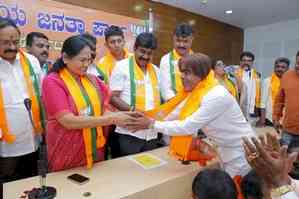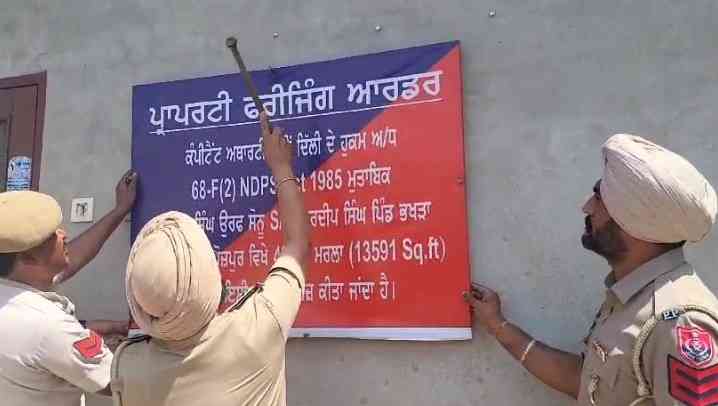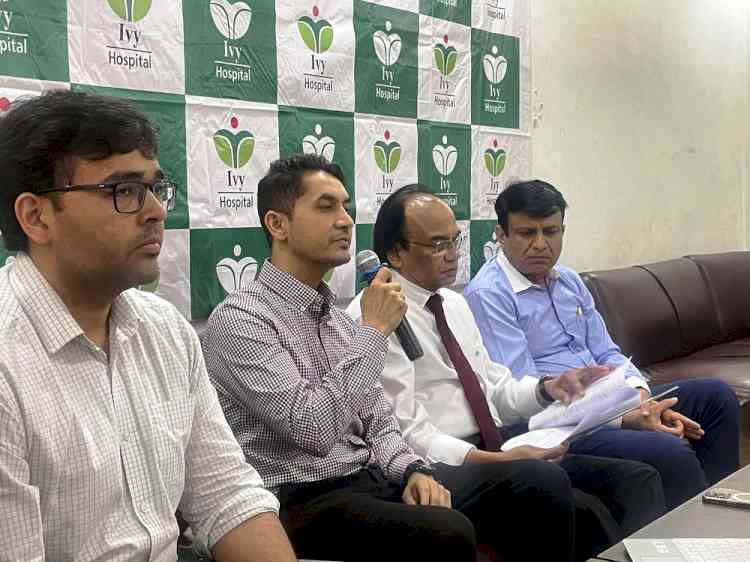Special lecture on 'New Dimensions of Indian Federalism in the Context of Changing Party System' by Dr.G.Gopa Kumar
Author(s): City Air NewsChandigarh, April 25, 2017: The Department of Political Science and Department of Sociology of Panjab University jointly organized a special lecture on " New Dimensions of Indian Federalism in the Context of Changing...


Chandigarh, April 25, 2017: The Department of Political Science and Department of Sociology of Panjab University jointly organized a special lecture on " New Dimensions of Indian Federalism in the Context of Changing Party System " by Dr.G.Gopa Kumar, Vice Chancellor, Central University of Kerala.
Professor Kumar argued that India has been undergoing a process of greater federalization because of the decline of the Congress and other national parties except the BJP and the rise of regional parties. The processes of globalisation have also resulted into the rise of states as major economic and political actors as now the states are competing freely with each other nationally and globally and have powerful state leaders who like Mamata Banerjeeon Teesta Water Issue or on GST issue have to be consulted and accommodated. Likewise the growing assertion of identities on regional lines especially from the marginal ones in the form of greater power sharing/ autonomy/ separate statehood also is paving the way for greater federalization. Professor Kumar predicted that due to its diversity, India shall never have two party system and also in coming years shall have many more states in order to accommodate the sub-state regional aspirations. Significantly, he also observed that since ethnic categories are territorially concentrated at the state level especially after the reorganisation of states on linguistic and ethnic lines so any ethnic challenge to federalism like in northeast or in Kashmir has remained localized and not have all-India character which allows the centre to tackle the issue much more easily. Professor Kumar speaking about growing spatial diversity between the states of north and south in India referred that southern states like Tamil Nadu have done well by showing greater initiatives under the new found opportunities in globalized era and have also bargained better with the centre for investment. He agreed that NITI Ayog must take care of growing economic divide and also consider the gendered and ecological notion of development for a healthy federal economic growth.
The lecture was attended by the faculty and the students of both department and was chaired by Professor Ronki Ram.

 cityairnews
cityairnews 















